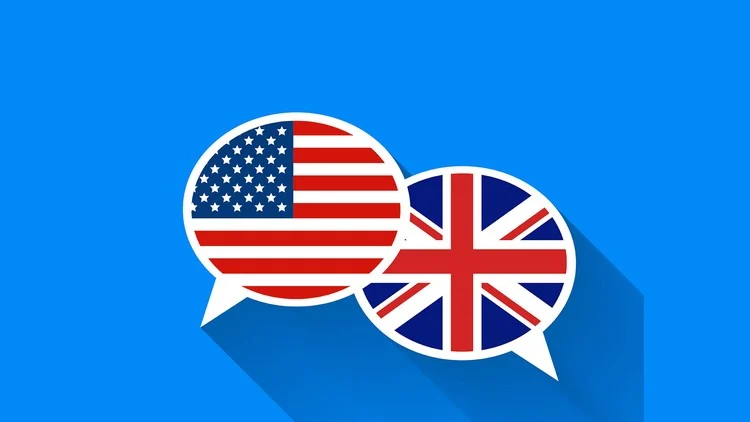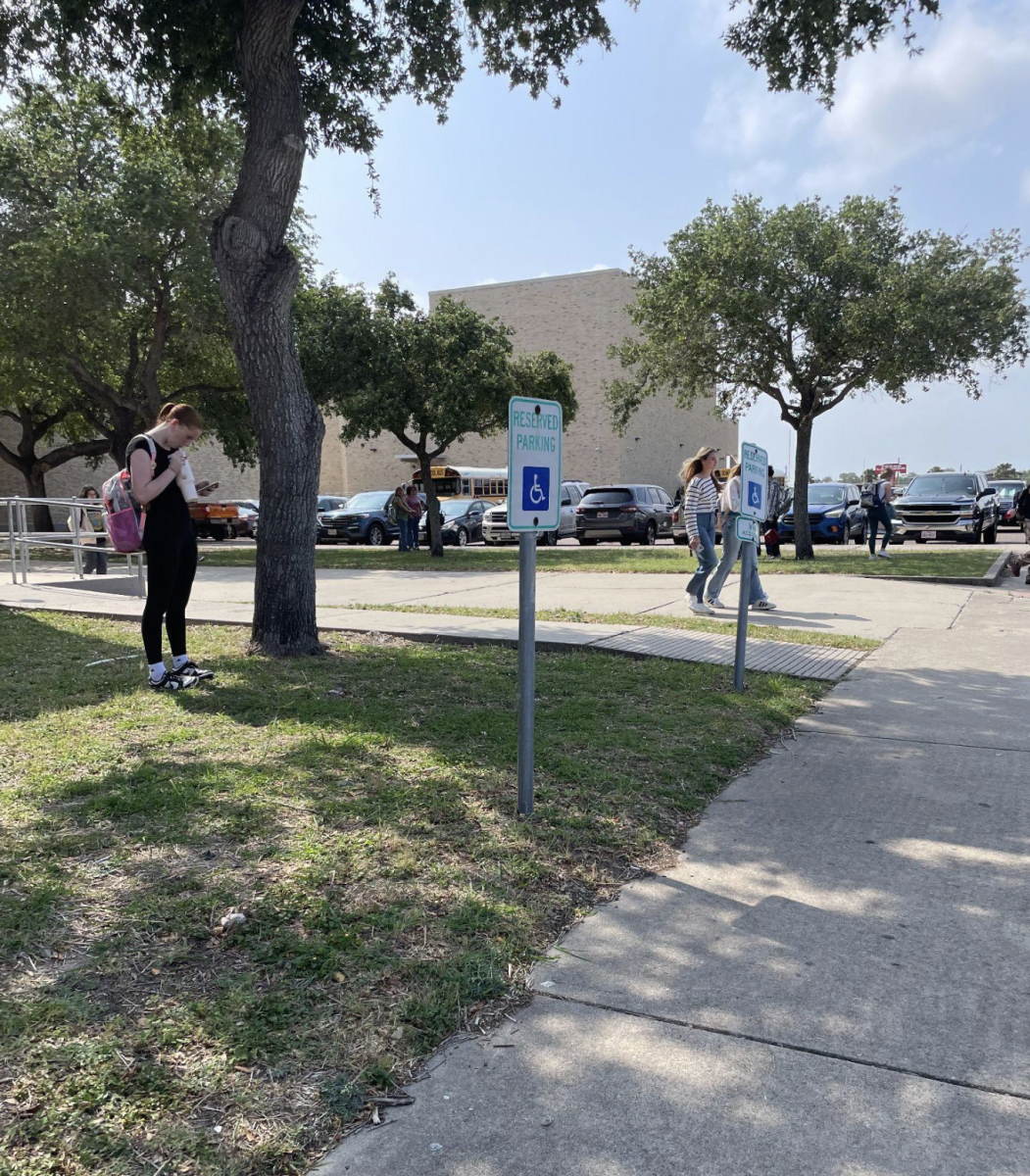The differences between American and British English are pretty small when talking about day to day life, yet they’re still there. So how and why is there a difference between the two?
When and why did it deviate?
During the 17th century, English was first introduced into the Americas. When the first settlers arrived they took with them what the common tongue was at the time. As the 18th century began to arrive, the UK experienced a trend where it was very common to use French-style words and spelling.
Americans were already established in their livelihoods across the Atlantic so they took no part in this trend. This is the cause for more linguistic similarities between British English and French compared to American English and French.
Each nation’s dictionary played a huge part in the difference between the two versions of English as well. In 1755, A Dictionary of the English Language was published and written by Samuel Johnson and six helpers.
In this dictionary, the spelling of British English words were cemented in what is considered to be one of the most famous dictionaries in the world. The dictionary was composed of 40,000 words and the purpose was to just collect all known English words.
Around fifty years later in 1806, A Compendious Dictionary of the English Language was published and written by Noah Webster. He popularized the American English spellings of words, such as dropping the ‘u’ in words like colour and honour (which developed from the French influence in England).
Webster also changed the ending of words, like words that end in -ise to end in -ize. He did this because of his belief that American English spelling should reflect the way it was said. The biggest reason for Webster changing the American spelling of words was not only because he wanted it to be more straightforward, but because he wanted it to be a way of America showing its independence from British rule.
Examples of differences
There are several small differences between the two versions of English, such as verbs that end in ‘yse’ in British English are spelled ‘yze’ and American English.
This is shown in the British spelling of “analyse” to the American spelling of “analyze”.
Another example of this is when some nouns end in ‘ence’ in British English yet end in ‘ense’ in American English. This is shown in the British spelling of “defence” to the American spelling of “defense”.











